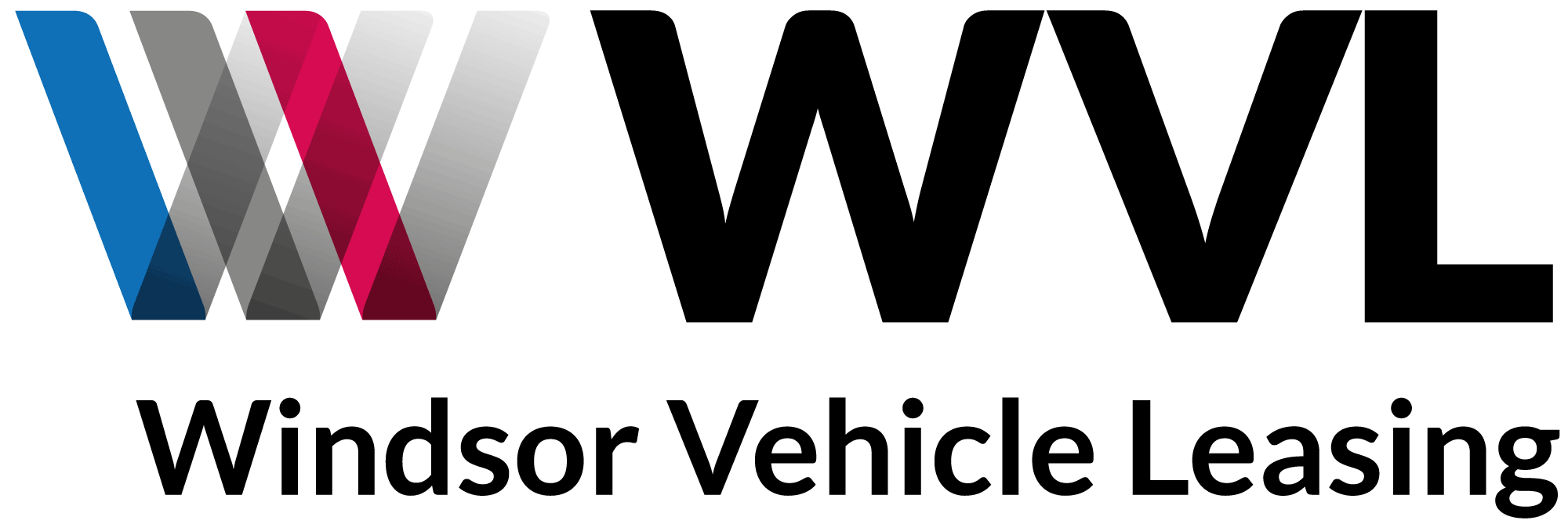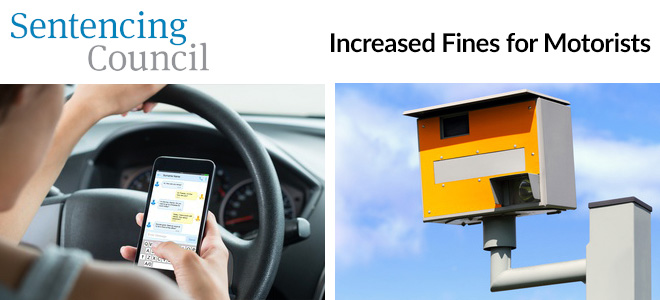This spring sees two revisions to the penalties given to the most common of motoring offences. The Sentencing Council have increased the fine for excessive speeding by 50%, and the penalties for mobile phone usage have now doubled. Read on to learn when and how these deterrents are coming into force.
Mobile Phone use whilst driving
As of 1st March 2017 it is illegal to use a hand-held phone whilst driving or riding a motorcycle – even if you’re stopped at traffic lights or queuing in traffic. This tougher clampdown sees the fine doubled to £200 and licence penalty points doubled to six, with no ‘driver education’ course alternative to avoid points.
Take note, as drivers with existing endorsements have an increased risk of being stripped of their licence, and any car or van driver clocking up six points for any offences within two years of gaining their licence faces an automatic disqualification and having their licence rescinded. For cases that reach Court, the maximum fine rises to £1,000 and drivers of buses or goods vehicles could be fined up to £2,500.
This revision is a move to ensuring drivers remain in full control of their vehicle at all times. The police can also stop you if they think you’re distracted e.g. by using your sat nav or audio device.
During a week-long crackdown in November 2016, over 8,000 drivers were caught, with police issuing 40 fines per hour during the operation.
See the official GOV.UK and Sentencing Council pages.
Increased Fines for Excessive Speeding
Due to come into force April 24th across England and Wales, updates to the way speeding fines are calculated will present a ‘clear increase in penalty’ with the severity of the offence: fines for drivers speeding excessively will be 50% higher.
The current system employs Band A, and Band B fines of 50% and 100% of the convicted motorist’s weekly pay, capped at £1,000 and at £2,500 on motorways (this is in addition to licence points or temporary disqualification – or a complete ban in very serious cases).
From April 24th, drivers caught speeding excessively above the limit will face a Band C fine equating to 150% of their weekly pay. This would apply to driving over 101mph in a 70mph zone, over 66mph in a 40mph zone and over 51mph in a 30mph zone (see table below for all zones and fine thresholds). The change is to recognise that the previous system did not take into account the increase in potential harm that could be caused with increasing speed above a limit.
The news is welcomed by the RAC: “Anyone who breaks the limit excessively is a danger to every other road user and is unnecessarily putting lives at risk.”
| Speeding (Revised 2017) – Determining the offence seriousness | |||
| Speed limit (mph) | Recorded speed (mph) | ||
| 20 | 21 – 30 | 31 – 40 | 41 and above |
| 30 | 31 – 40 | 41 – 50 | 51 and above |
| 40 | 41 – 55 | 56 – 65 | 66 and above |
| 50 | 51 – 65 | 66 – 75 | 76 and above |
| 60 | 61 – 80 | 81 – 90 | 91 and above |
| 70 | 71 – 90 | 91 – 100 | 101 and above |
| Sentencing range | Band A fine | Band B fine | Band C fine |
| Points / disqualification | 3 points | Disqualify 7 – 28 days OR 4 – 6 points | Disqualify 7 – 56 days OR 6 points |
| Band ranges | ||
| Starting point | Range | |
| Fine Band A | 50% of relevant weekly income | 25 – 75% of relevant weekly income |
| Fine Band B | 100% of relevant weekly income | 75 – 125% of relevant weekly income |
| Fine Band C | 150% of relevant weekly income | 125 – 175% of relevant weekly income |
Full details can be found on the Sentencing Council’s website.
Fleet-wise
Whilst fines and other sanctions should be deterrent enough, Fleet managers are encouraged to implement procedures to reduce the incidence of speeding among their drivers via education and technology. Technologies such as GPS-based vehicle tracking systems – of which a range of solutions are widely available – would enable managers to identify those drivers who do break the limit and who would benefit from further education and training.
“Safety should always be a number one priority for businesses with fleets.”
Scott Chesworth, RAM Tracking
Prevention is of course better than cure, given the potential ramifications of speeding. Data from a leading law firm showed that last year, breaking the speed limit was the single most flouted law across the UK, and that less than a third of people regretted the offence.
Education, technology, and increased deterrents will hopefully encourage safer driving, and ultimately make our roads safer for all users.


